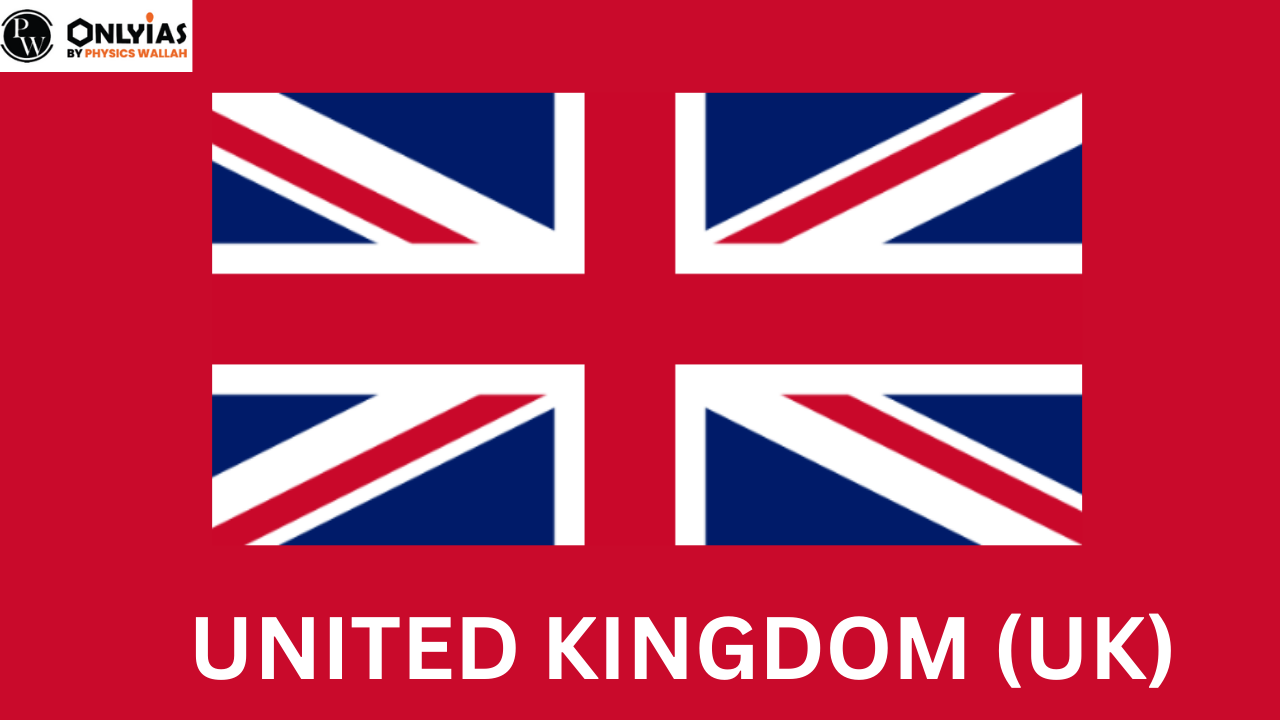Discover the UK full form - the United Kingdom of Great Britain and Northern Ireland. Explore its rich history, diverse culture, and fascinating facts about this sovereign nation.

The United Kingdom, often abbreviated as the UK, is a captivating and diverse destination that enthralls travelers from around the world. Comprising four distinct countries – England, Scotland, Wales, and Northern Ireland – the UK offers a rich tapestry of culture, history, and natural beauty.
The abbreviation “UK” stands for the United Kingdom. UK is a sovereign country located off the northwestern coast of mainland Europe. It is made up of four constituent countries, each with its own distinct culture, legal systems, and education systems. Here’s a brief overview of these four countries:
England: England is the largest and most populous country in the UK. It’s known for its historic cities like London, Oxford, and Cambridge, as well as its iconic landmarks such as Big Ben, Buckingham Palace, and the Tower Bridge. England has a rich history, including the period of the British Empire, and is known for its contributions to literature, science, and the arts.
Scotland: Located to the north of England, Scotland is known for its stunning landscapes, including rugged mountains, deep lochs (lakes), and historic castles. The capital, Edinburgh, is famous for its annual festivals and its historic and cultural attractions. Scotland is also known for its distinctive culture, including kilts, bagpipes, and traditional Scottish dancing.
Wales: To the west of England lies Wales, a country with its own language (Welsh) and a strong cultural identity. Wales is known for its beautiful countryside, which includes national parks, rolling hills, and picturesque coastlines. The capital, Cardiff, is a vibrant city with a rich history and cultural heritage.
Northern Ireland: Situated on the island of Ireland to the west of Great Britain, Northern Ireland is known for its dramatic landscapes, including the Giant’s Causeway and the Mourne Mountains. Belfast, the capital, is a bustling city with a complex history, including the Troubles, a period of conflict between communities in the late 20th century.
| UK Full Form | |
| Term | Description |
|---|---|
| United Kingdom | A sovereign country consisting of four constituent countries: England, Scotland, Wales, and Northern Ireland. Officially known as the “United Kingdom of Great Britain and Northern Ireland.” |
| Great Britain | The largest island in the British Isles, comprising three countries: England, Scotland, and Wales. Does not include Northern Ireland. |
| England | One of the constituent countries of both Great Britain and the United Kingdom. The largest and most populous of the four countries. |
The history of the United Kingdom is long and complex, spanning thousands of years. Here’s a concise overview of key events and periods in UK history:
1. Ancient Britain:
2. The Anglo-Saxon and Viking Periods (5th to 11th centuries):
3. Norman Conquest (1066):
4. The Plantagenet and Tudor Dynasties (12th to 17th centuries):
5. The English Civil War (1642-1651):
6. The British Empire (17th to 20th centuries):
7. The Victorian Era (19th century):
8. World Wars (20th century):
9. Post-War Era and European Union:
10. Brexit (2016):
11. Modern UK:
The terms “United Kingdom,” “Great Britain,” and “England” are often used interchangeably, but they refer to different geographical and political entities within the British Isles. Here’s a breakdown of the key differences:
1. United Kingdom (UK):
2. Great Britain:
3. England:
The capital of England is London, Scotland's capital is Edinburgh, Wales' capital is Cardiff, and Northern Ireland's capital is Belfast.
No, the UK is not the same as Great Britain. Great Britain refers to the largest island in the British Isles, which includes England, Scotland, and Wales. The UK includes Great Britain and Northern Ireland.
The UK was formed through various historical acts of union. The most significant was the Union of England and Scotland in 1707, followed by the Union of Great Britain and Ireland in 1801, which later became the United Kingdom of Great Britain and Northern Ireland in 1922 after Irish independence.
The UK is home to numerous iconic landmarks, including Big Ben, the Tower of London, Stonehenge, Buckingham Palace, the Edinburgh Castle, and the Giant's Causeway in Northern Ireland, to name a few.
The official language of the UK is English, but there are also recognized regional languages like Welsh, Scots, and Irish (in Northern Ireland).
<div class="new-fform">
</div>